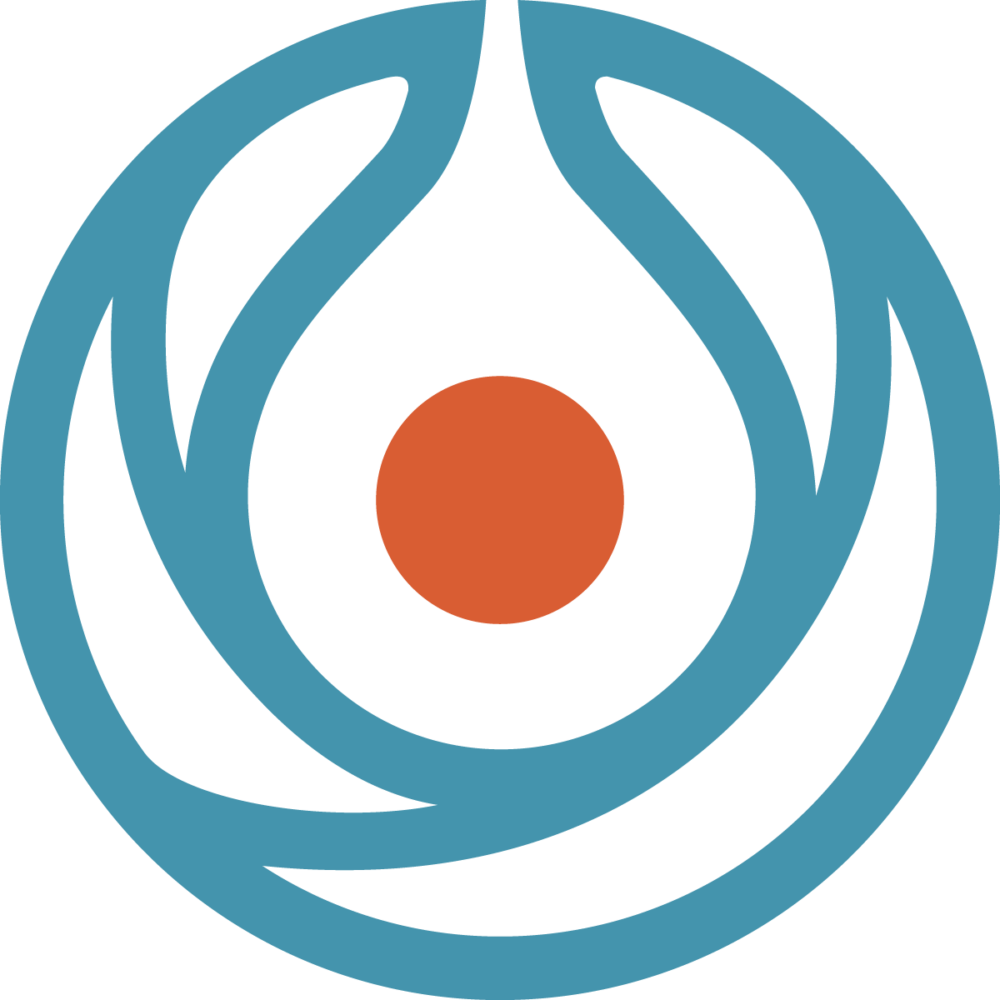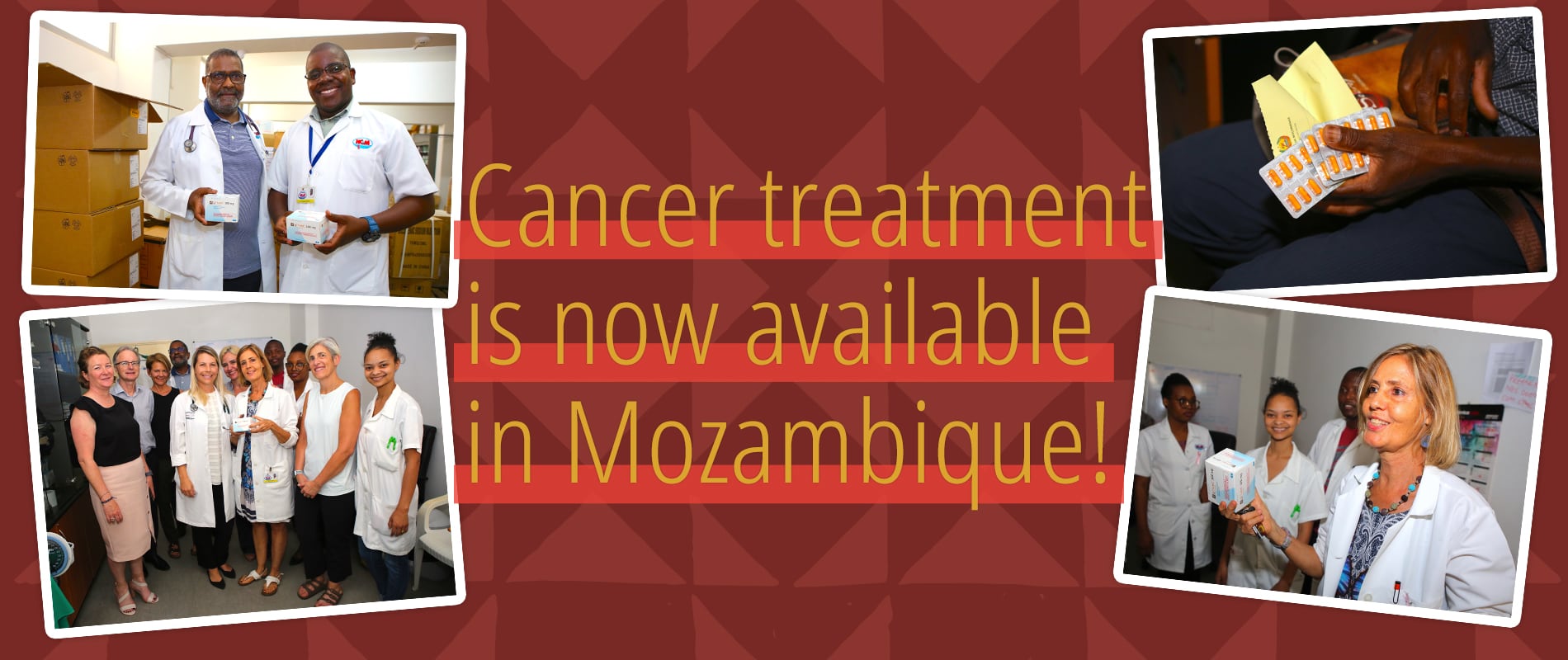The Max Foundation and Tanner Pharma partner on innovative drug distribution model
The Max Foundation and Tanner Pharma Group have partnered to create an innovative distribution model to deliver oncology products to patients in need.
We are delighted to announce that Bryan Murphy-Eustis, MBA, MPH, is joining The Max Foundation’s Executive Team as Vice President of Programs.
Bryan joins the team with more than 18 years of experience building and leading high-impact mission-driven teams, most recently as Commercialization Lead for Medical Technologies at Global Good at Intellectual Ventures. Previously he served as Executive Director of PIH Liberia and Chief Operating Officer of Ebola Responses at Partners in Health, where he led clinical and operational teams that rapidly initiated and scaled services to 20 treatment facilities across two countries.
“It’s an incredible privilege to be joining The Max Foundation,” says Bryan. “That so many people are still prohibited from accessing live-saving medication is a grave injustice. I’ve long been familiar with The Max Foundation’s amazing work and I am honored to support such a vital effort toward increasing access to care.”
The Max Foundation CEO, Pat Garcia-Gonzalez, notes: “We added the VP of Programs position at our organization to reflect our growing commitment to patients and the long-term sustainability of our programs. As someone deeply committed to mission and impact and with a strong background in operations, Bryan fits right in. I look forward to working closely with Bryan to develop our potential towards a vision where all people can face cancer with dignity and hope.”
We’re excited about Bryan’s invaluable experience to help us shape a new decade of growth and impact for bridging access to treatment and care for people facing cancer worldwide.
Please join us in welcoming Bryan to The Max Foundation team!

The Max Foundation is a leading global health nonprofit organization dedicated to accelerating health equity. For 28 years, Max has pioneered practical, scalable, high-quality solutions to bring life-extending treatments and patient-centered health care to more than 100,000 people living with cancer and critical illness in low- and middle-income countries. Max believes in a world where all people can access high-impact medicines, where geography is not destiny, and where everyone can strive for health with dignity and with hope.

On November 1, 2019, the first shipment of treatment arrived at the hospital in Maputo, Mozambique. This is the first country Max Access Solutions, The Max Foundation’s patient-centered access model, has expanded into without a former access program in place.